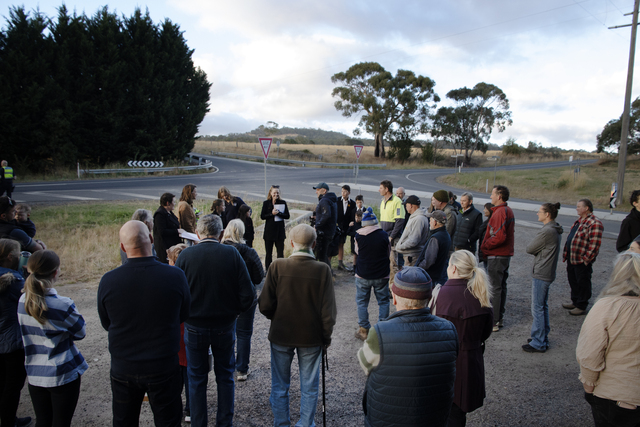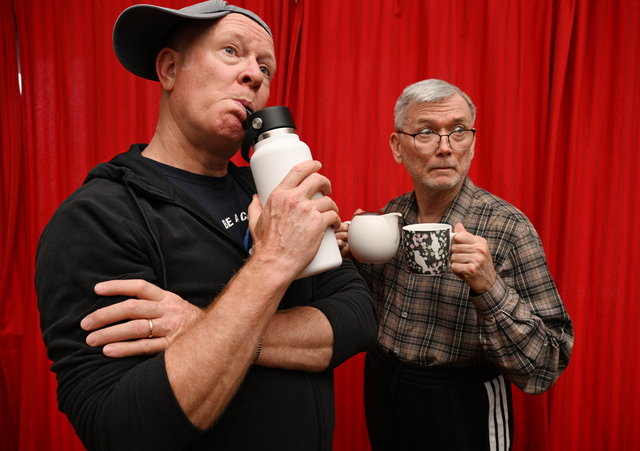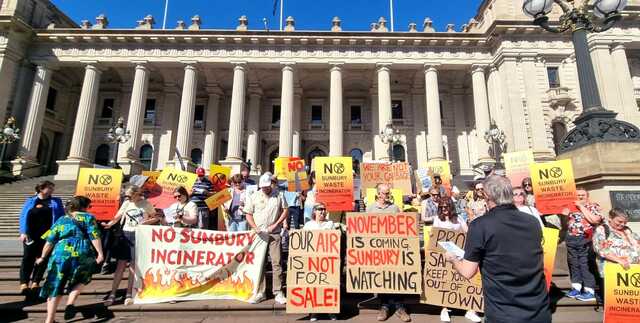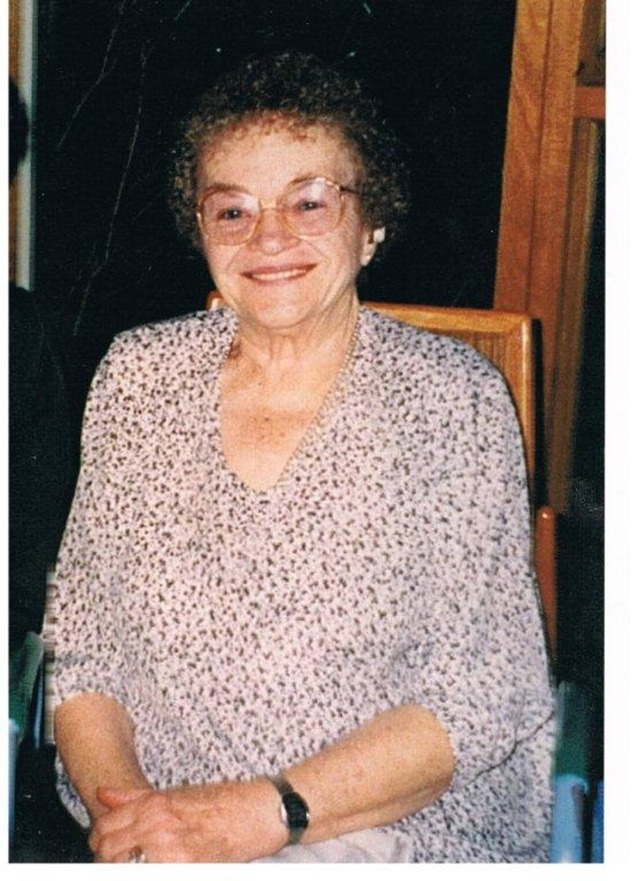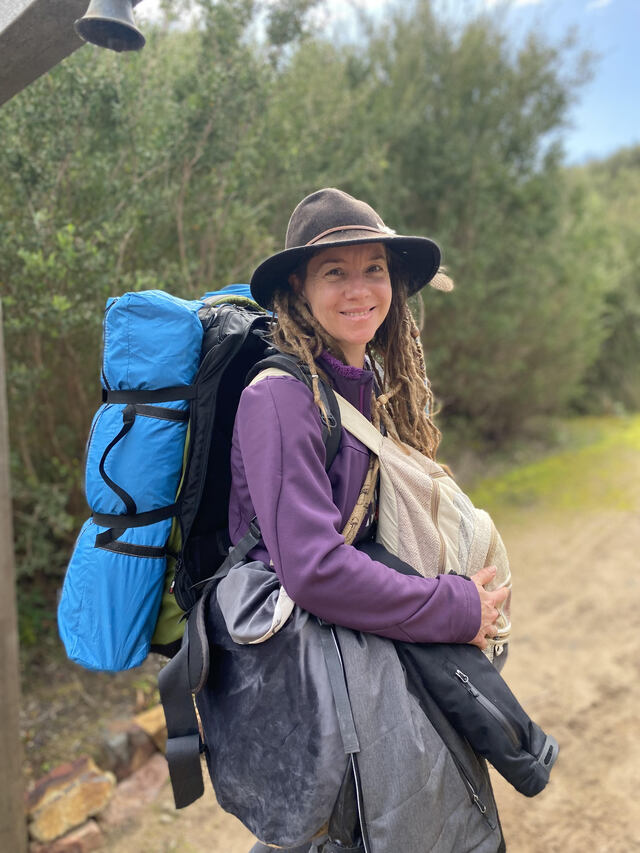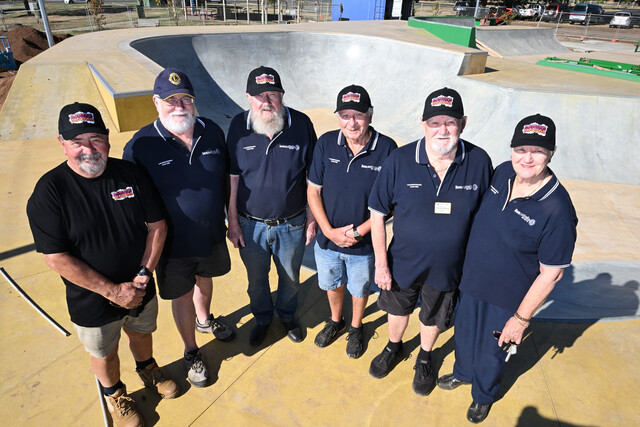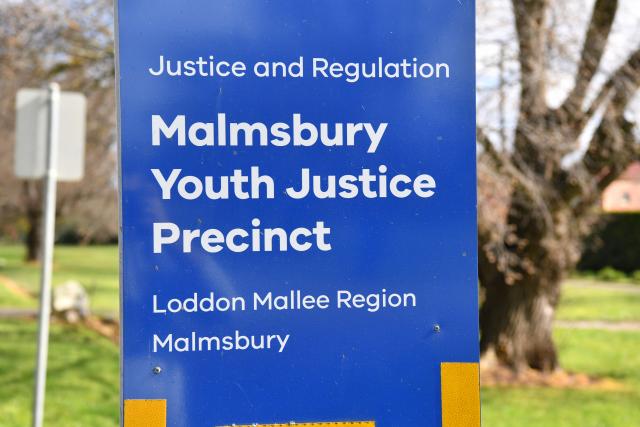A clinical psychologist with more than three decades of experience in disaster scenarios has shared his expertise with the Macedon Ranges community to mark six months since the devastating June storm.
Dr Rob Gordon first moved from his clinical practice and into community research following the Ash Wednesday fires, which struck Macedon in 1983.
Since that time Dr Gordon said he has studied and advised people on how to manage their wellbeing in the wake of more than 200 disaster scenarios of varying scales.
An analysis of the extreme weather which tore through the shire on June 9 found that almost 1000 homes had suffered damage across the region.
Thousands of homes in areas such as Macedon, Kyneton and Lancefield were without power for more than two days, and local State Emergency Service (SES) units recorded a record-breaking number of calls for assistance.
Macedon Ranges council chief executive Bernie O’Sullivan said it was important for residents to take stock of their mental health following the challenging events of the past year.
“The clean-up continues as we approach the six month anniversary of the June 9 storm. But it’s not just the physical and environmental impacts that are going to take time for the community to recover from,” Mr O’Sullivan said.
Speaking at an online seminar earlier this month, Dr Gordon said one of the most important things he had found in his research is that invariably in disaster scenarios people turn their frustration to the slow rate of government response.
“Most people haven’t had much to do with government s… All of a sudden everyone needs to be involved in government departments,” Dr Gordon said.
“You’ve got to ask, where do you get your expectations from? You get them from having a problem and needing a way of sorting it out.
“The problem is that in a disaster, everyone has needs.”
Dr Gordon said it was critical that people recovering from disaster find ways to “keep morale up” despite their challenging circumstances.
“It’s quite important to be mentioning this at the six month mark, because I realised in Macedon, there were cycles in the recovery process,” he said. There’s a lot of research to show there’s a tremendous mobilisation of support to disasters after they happen, but they seem to tail off.
“This is such a predictable rhythm, the six month rhythm.”
Dr Gordon said it’s critical for the community and local government to continue to support one another beyond the immediate fall out of a disaster.
Details: https://www.mrsc.vic.gov.au/






